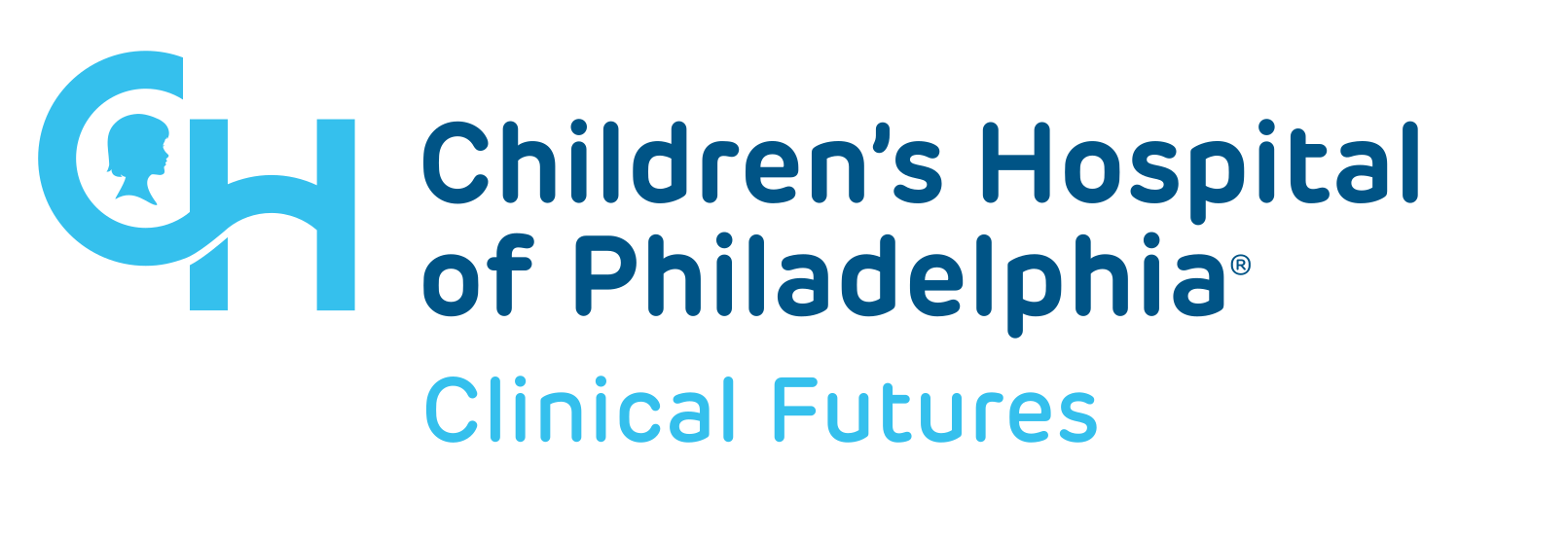Clinical Futures investigators employ various approaches, research designs, statistical tools and analytic models to conduct clinical effectiveness research both prospectively and retrospectively. Watch this video to learn more about our research methodological pillars.
Read more:
Biostatistics
Biostatistics is the discipline developing statistical methods for and applying statistical principles to biomedical research.
Clinical Epidemiology
Clinical epidemiology is the study of the patterns, causes, and effects of health and disease in patient populations and the relationships between exposures or treatments and health outcomes.
Clinical Trials
Clinical Futures pediatric clinical trials are designed to gather data to answer important diagnostic or therapeutic questions for translating ideas and discoveries into clinical practices that improve children’s lives.
Comparative Effectiveness
Comparative Effectiveness Research is the generation and synthesis of evidence that compares the benefits and harms of alternative methods to prevent, diagnose, treat and monitor a clinical condition or improve care delivery. It is the methodology that determines what works best in medicine.
Implementation Science
Implementation Science is the scientific study of methods and strategies that facilitate the adoption of evidence-based practices and research findings into routine health care and public health settings with the goal of improving the quality and effectiveness of health services and pediatric care.
Social Science Methods in Healthcare Delivery
The Social Science Methods in Healthcare Delivery pillar promotes the integration of social science theory-informed methods into investigations aimed at improving how healthcare is delivered to children.










